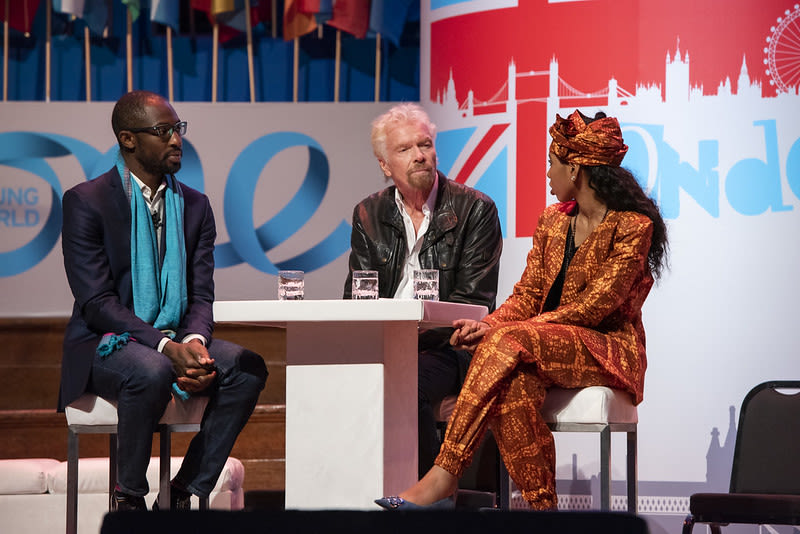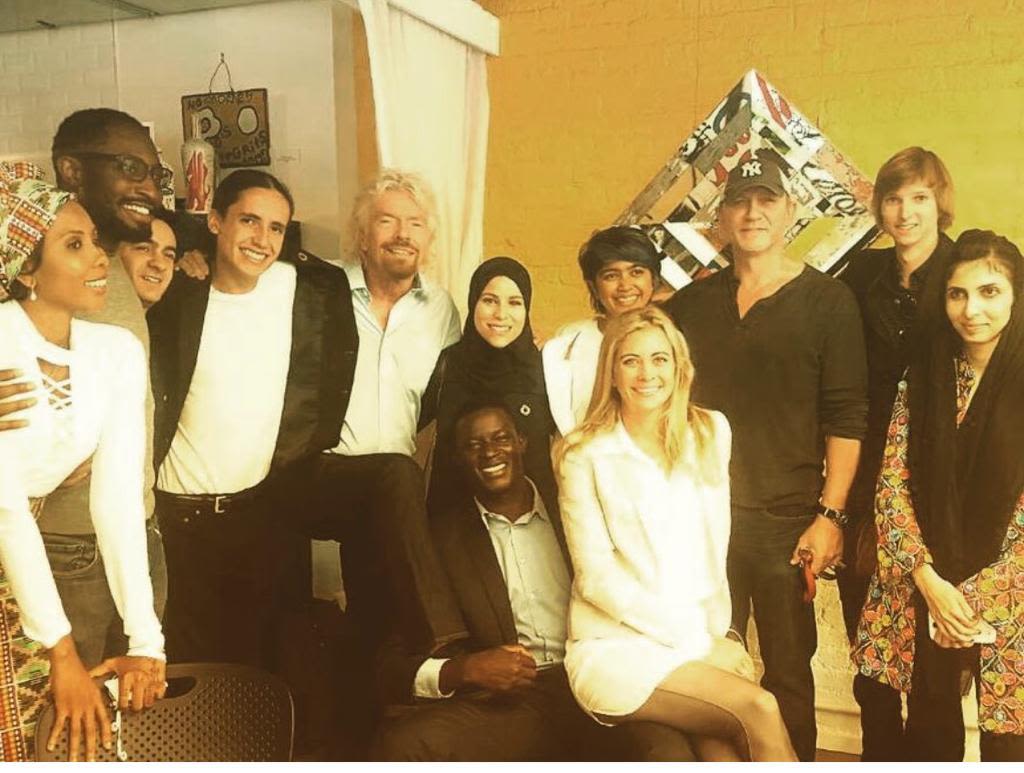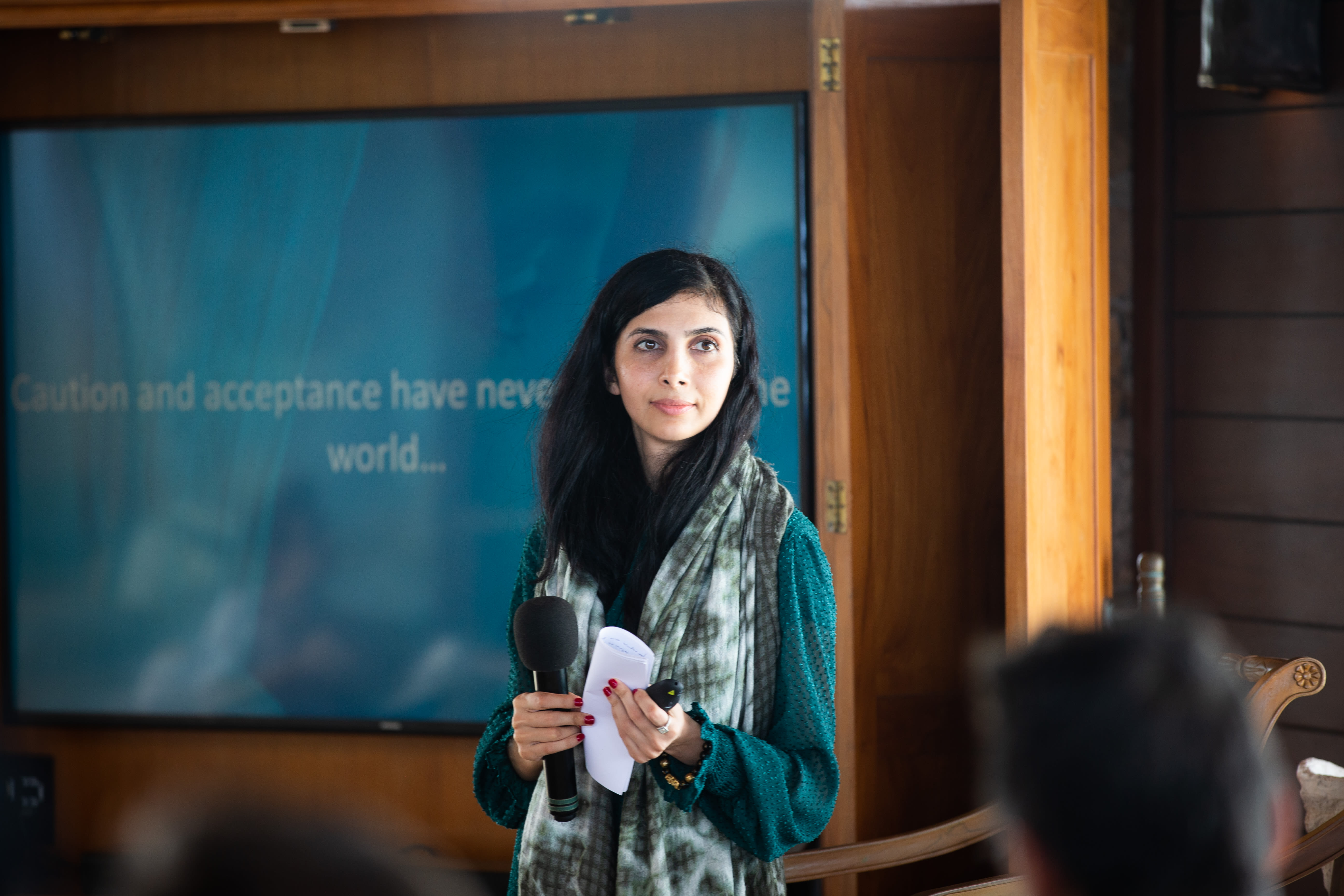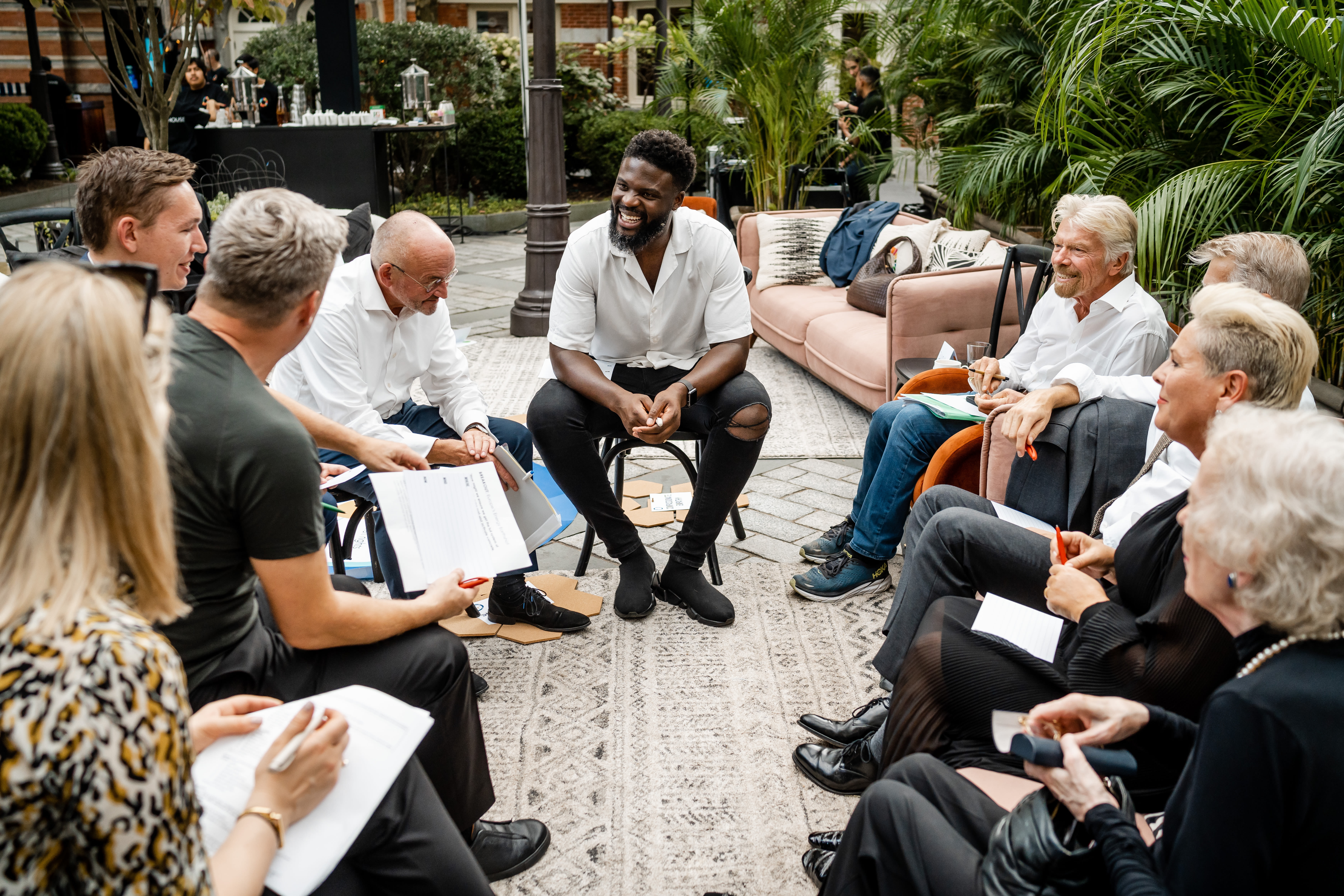The reversal of progress in Gambia threatens global gender justice
The recent decision by Gambia’s parliament to reverse its landmark 2016 ban on female genital mutilation (FGM) is not merely a setback for one nation – it is an unconscionable assault on decades of progress in the fight for gender equality and human rights.
Backtracking on a commitment that has improved the health, safety and wellbeing of countless women and girls risks opening the floodgates for regression on other fronts, such as child marriage laws and protections against domestic violence – in Gambia and elsewhere. Already, other countries are considering similar steps, reigniting conversations that women’s rights advocates thought were long settled. This Gambian bill threatens to embolden regressive forces around the world.
FGM is a horrific procedure that serves no purpose - a health and safety hazard that afflict countless women and girls worldwide, many tragically losing their lives, while others have to endure lifelong suffering. The practice inflicts irreversible damage, leading to severe physical and psychological trauma. Women and girls subjected to FGM often grapple with excruciating pain, chronic infections, complications during childbirth, and even death due to haemorrhage or infection.
Contrary to its supporters’ claims, FGM is not an inextricable part of religious and cultural tradition. It has been and remains a brutal violation of human rights with no legitimate basis in any faith. No religious text sanctions such cruelty. Rather, FGM emerges from backward societal norms and misconceptions about femininity and purity.
The devastating toll of FGM extends far beyond physical harm, as survivors often grapple with enduring psychological scars, including trauma, anxiety, and depression. The practice reinforces power imbalances and denies women and girls control over their own bodies and destinies. Not to mention the selfishness of men denying women the right to pleasure. We must recognise FGM for what it is: a serious violation of human dignity.
This issue hits particularly close to home for me, as a close friend of mine, Jaha Dukureh, a victim herself, has dedicated her life to ending FGM for good and is championing the cause through the work of the organisation she founded, Safe Hands for Girls. Jaha was present alongside fellow Gambians on March 18 as they protested the bill outside their country’s parliament in Banjul.
The bill will be going through committee deliberations for the next three months, and I hope that common sense will prevail. Gambia’s leaders cannot afford to let progress and hard-won victories of the past be erased in the blink of an eye. The rest of the world must stand united in its condemnation of this bill and send a clear message that violence against women and girls must never be tolerated.






